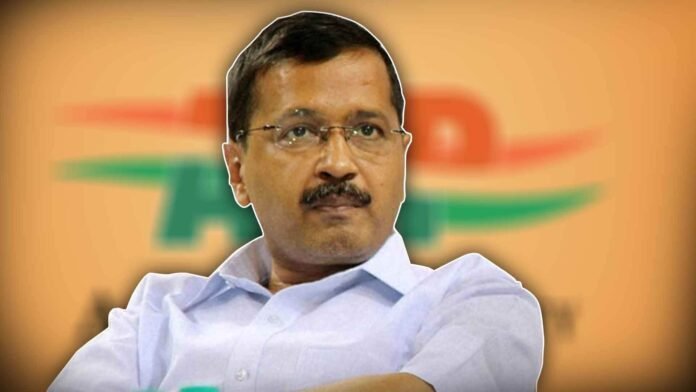The Supreme Court of India has reserved its order on Delhi Chief Minister Arvind Kejriwal’s interim bail plea in connection with the Excise Policy case. The case, which has garnered widespread attention, has raised pertinent legal and political questions, underscoring the complexities of governance and judicial scrutiny in the country.
Arvind Kejriwal, the Chief Minister of Delhi and leader of the Aam Aadmi Party (AAP), found himself embroiled in controversy following allegations related to the Delhi government’s Excise Policy. The Excise Policy, which governs the sale and regulation of alcohol in the national capital, has been a subject of contention, with stakeholders expressing concerns about its implementation and impact.
The legal battle surrounding Kejriwal’s interim bail plea stems from allegations of irregularities and misconduct in the implementation of the Excise Policy. The Delhi Chief Minister has vehemently denied any wrongdoing, asserting that the allegations are politically motivated and aimed at tarnishing his reputation.
The Supreme Court’s decision to reserve its order on Kejriwal’s interim bail plea has added a new dimension to the ongoing saga. The apex court’s deliberations are being closely watched by legal experts, political observers, and the general public, as they hold implications for the future course of the case and its ramifications on Delhi’s political landscape.
The Excise Policy case has not only brought legal scrutiny to the forefront but has also reignited debates about governance and accountability in the national capital. As the Chief Minister of Delhi, Arvind Kejriwal holds a position of significant responsibility, and any allegations of misconduct or impropriety against him carry weighty implications.
The interim bail plea filed by Kejriwal underscores the legal battles faced by politicians in the country’s complex political landscape. In recent years, high-profile cases involving politicians have become increasingly common, shining a spotlight on issues of corruption, transparency, and accountability in governance.
The Supreme Court’s reserved order reflects the careful consideration being given to the legal merits of Kejriwal’s plea. The apex court’s decision will be awaited with anticipation, as it holds the potential to shape the trajectory of the Excise Policy case and its implications for Kejriwal and the AAP.
Beyond the legal intricacies, the Excise Policy case has broader implications for governance and political discourse in Delhi. The allegations leveled against Kejriwal have sparked debates about the efficacy of the Delhi government’s policies and the need for transparency and accountability in public administration.
Kejriwal’s supporters have rallied behind him, expressing confidence in his integrity and commitment to clean governance. They view the allegations as a politically motivated attempt to undermine his leadership and the AAP’s agenda of inclusive development and social justice.
Conversely, critics of Kejriwal have seized upon the allegations to question his credibility and suitability for office. They argue that the Excise Policy case raises serious concerns about the Delhi government’s integrity and calls into question its ability to govern effectively.
As the Supreme Court deliberates on Kejriwal’s interim bail plea, the eyes of the nation are focused on the outcome. The apex court’s decision will not only have legal ramifications but will also shape public perception and political discourse in Delhi and beyond.
In the midst of legal battles and political controversies, the Excise Policy case serves as a reminder of the challenges inherent in governance and the importance of upholding principles of transparency, accountability, and the rule of law. The Supreme Court’s forthcoming order will be a pivotal moment in the ongoing saga, offering clarity on the legal standing of Arvind Kejriwal and the trajectory of the Excise Policy case.

